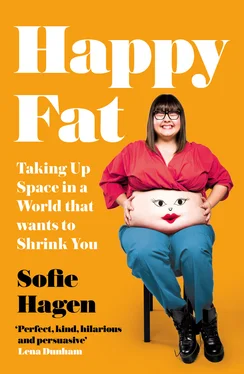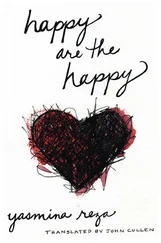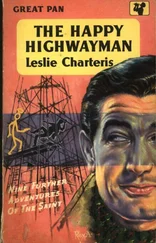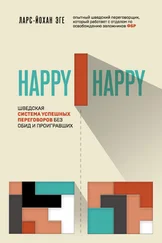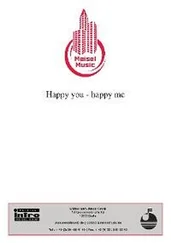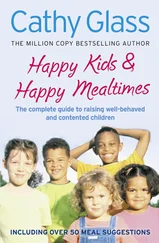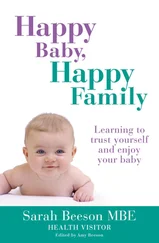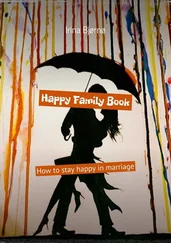And a lot of my memories of my grandparents are to do with food as well. They lived only a few miles from Søndersø – in a place called Skamby. fn1Skamby has a population of about four hundred people. And if you live in Skamby, you know the names, occupations and relations of every single one of those people. My grandfather’s favourite hobby was to sit by the window and look out onto the road. (I mean ‘the road’. The road in Skamby. There is one road in Skamby.) He would sit and look out the window and, if anyone walked past, he would comment. Oh, is that the butcher’s daughter? I thought her shift didn’t end till 4 p.m. Oh, I see Gretha now. Of course. It’s Tuesday. She’s been at the knitting club. He managed to do all of this without at any point catching a glimpse of his own reflection and saying: My God, I am boring. Is this really my life?
The emotional currency in my grandparents’ house was food. They would eat six times a day. Breakfast, late-morning dessert, lunch, afternoon coffee and cake, dinner and a late-night TV snack. My grandmother would bake every day. The softest butter-buns, fn2cinnamon pastries, cookies and bread. I would often help her and throw myself into the bowls of leftover gooey dough and lick it all off, adding another meal to my day. Food quickly became feelings and feelings became food. Delicious food. Butter in and around and on top of everything. Juicy meat with enough salt to make you dehydrated for the rest of your life. Potatoes, so many potatoes. Vegetables only if you could caramelise them. Gravy which was basically just brown cream with more butter. We had to empty our plates completely and if my grandfather said, ‘Come on, have some more, your grandmother worked so hard on this food,’ then you had to eat more. There was an abundance of food and you could never eat enough.
Food was how you expressed love and how you were punished, and I stopped listening to my own instincts. My grandfather would buy me pastries, sweets, cakes and ice cream and somehow make it into a declaration of love. I remember him buying me a big cake that I didn’t want to eat. His face fell and he almost whimpered, ‘I bought it for you because I love you.’ And so I had to eat the cake. I must have been around five years old (which is an early age to start learning to ignore your appetite and disregarding your own boundaries).
We had a ritual where my grandfather would let me go with him into the basement and stand by their deep freezer and choose which ice cream I wanted. The opening of the lid was often accompanied by the sound of angels playing the harp in my head. As I remember it now, the vapour that escaped the freezer had gold specks in it. And there was so much ice cream. Cone-shaped cones, boat-shaped cones, ice lollies, big tubs full of ice cream with different flavours, mint, chocolate, vanilla, fudge, strawberry, caramel, pistachio, biscuits and all of the chocolate bars in ice cream form. I would stand on my toes and pull myself up by placing my little chubby hands on the edge of the freezer and look into this haven of ice cream.
But for my grandfather, it was not about the ice cream. It was about the fact that he was holding the lid, he had taken me into this basement and he was allowing me to pick and choose. I was incredibly aware, in the most childlike of ways, that I had to be very, very grateful. Even if I didn’t want to eat ice cream that day, the chances of me knowing that were slim. I knew that if I said no to ice cream, my grandfather would punish me by looking at me with big, sad eyes. He would then dramatically walk into another room, where he would sit on a chair in the darkness and sigh, looking out of the window. He would not say a word for hours. My grandmother would frantically rub her hands on her apron and tell me to ‘please go and speak to him and apologise’ in a desperate attempt to not have this sort of drama in her husband’s house. I would then have to push down the guilt of being the five-year-old who had made her grandfather sad, and apologise. And beg for the ice cream I didn’t want. Until he finally smiled again and gave me the ice cream. My grandmother and I would exhale deeply out of pure relief. Disaster averted, but only slightly. The guilt would battle my appetite and win. I learned that I could not be in contact with my body and listen to its signals, and avoid harming the emotions of my grandfather.
I would then return home and my mother would interrogate me about the food I had just eaten. She was still just trying to follow the doctor’s orders and put me on a strict diet, but she could see gravy stains on my T-shirt and butter all over my face. She was a tired single mother who probably felt like she had no authority over her own daughter. So she desperately tried to motivate me to lose the weight, to eat less, to defy my grandparents – who would retaliate by telling me that they only fed me because they loved me, insinuating that if I didn’t eat any of it, I must not love them back. There were a lot of strong negative emotions at play and, fortunately, food continued to be perfect for numbing them.
At some point, food became a need. I needed food. I needed to eat so much so that I felt nothing. I was eight. I was a beautiful child .
At school, I found out how to borrow money from older students so I could buy cake in the cafeteria. Seeing as my mother did not want me to end up indebted as an eight-year-old, she had to give me money to give to the kids. Which I would then spend on more sweets.
My mother would buy VHS tapes called Buns of Steel in which a thin, white lady would do aerobics to the camera, making encouraging statements. My mother and I would move all the furniture to the side and copy her movements on the living room floor. I hated it. I hated my body and now I somehow had to collaborate with it. I just wanted it gone. I wanted to not acknowledge it. Moving it about made me very aware of its existence and how much I loathed it. The self-hatred, I killed with more eating. My mother was falling apart.
I hated hate PE. I dissociated from my body. My body was too big, too much, too gross. And now you want to put me in shorts and a T-shirt and I am meant to feel it move? No. No, thank you, sir. I wanted to use my words and my intelligence and basically, anything but my body, which had now become my enemy. The reason I was constantly stressed (hello, I was eight years old) and sad. I tried to get out of PE every week. fn3Every single week. My PE teacher was a gruesome woman.
She refused to believe my excuses. She refused to believe I had hurt my ankle. Once, when I said I had got my period (nice work, eight-year-old me), she got me to repeat this out loud in front of the entire class. She then pulled my trousers and pants down in front of everyone and said, ‘See?’
I hated showering with the other pupils. So I said I had a stiff neck. Which led her to shout at me in front of a whole dressing room full of my classmates who, at this point, had already showered and got dressed. They were all eager to leave and go to lunch break but the teacher would not allow anyone to leave until I had showered. I remember how she tore my clothes off of me in front of everyone and shoved me into the shower.
My childhood memories of PE are mostly repressed due to experiences like these. I remember little glimpses. I remember running. I remember running because I was being chased by three boys with a baseball bat. I finally gave in and crouched over, covering my head with my hands, trying not to cry, as they beat me and mocked me. I remember looking up, seeing my PE teacher laugh.
I still have fantasies about finding out where she lives and going to her house. I want to look her in the eyes and speak to her as an adult with a much more advanced vocabulary and understanding of what is right and wrong. I want to stand in front of her in the body she hated and speak on behalf of myself as a child and tell her that she was a rotten person. I would say to her, ‘I was a beautiful child. I was a beautiful child. I was a beautiful child .’
Читать дальше
